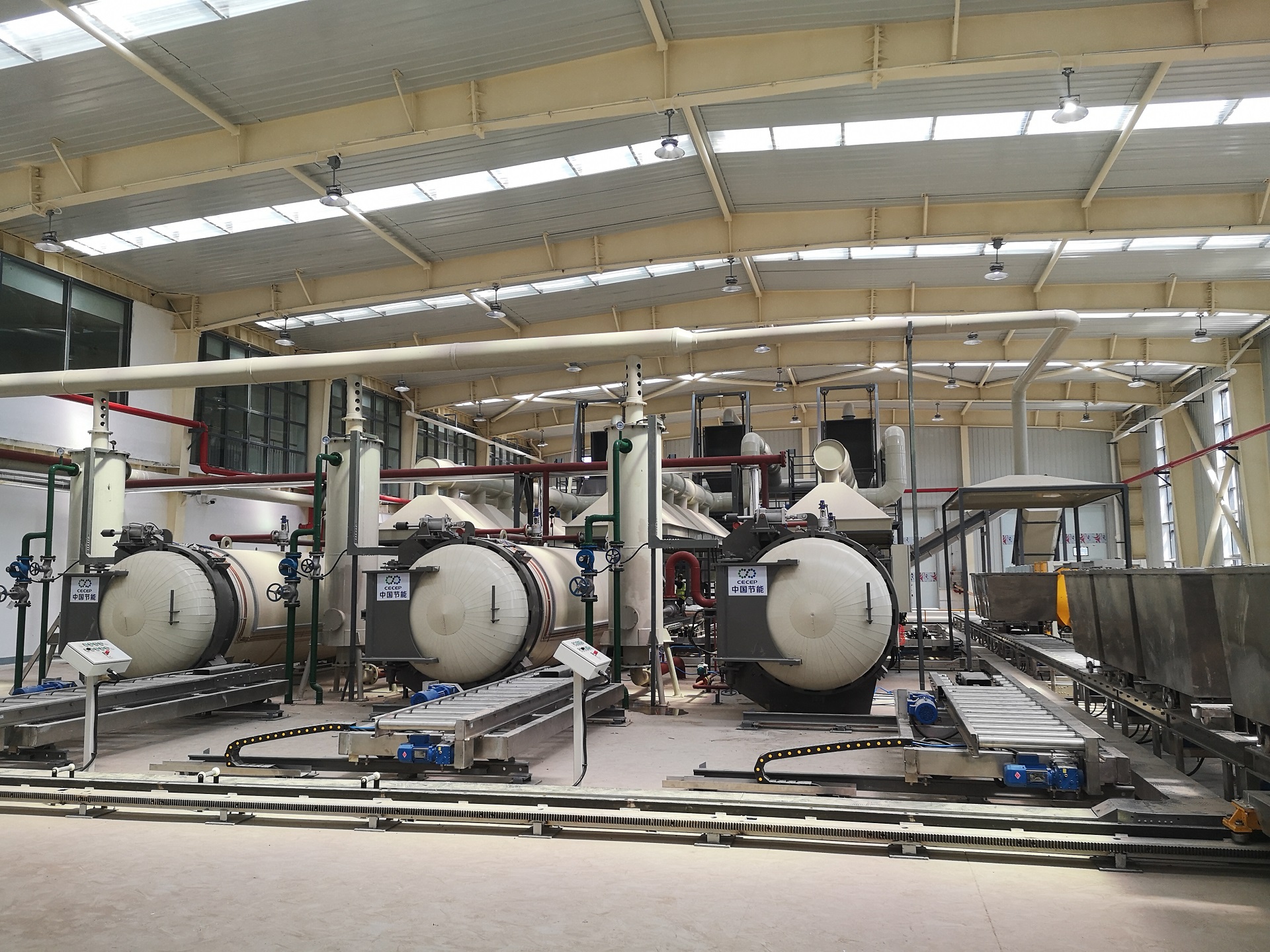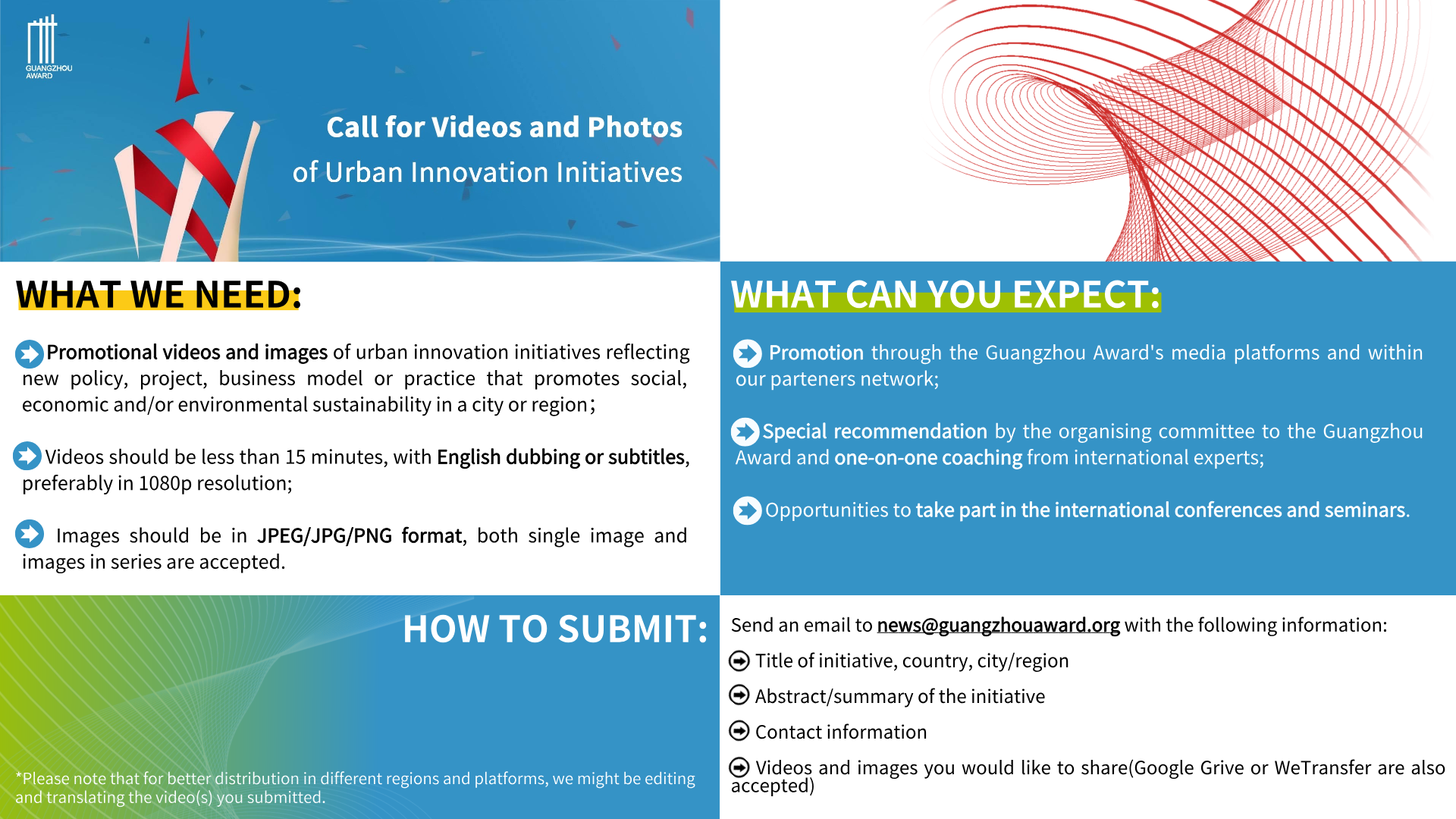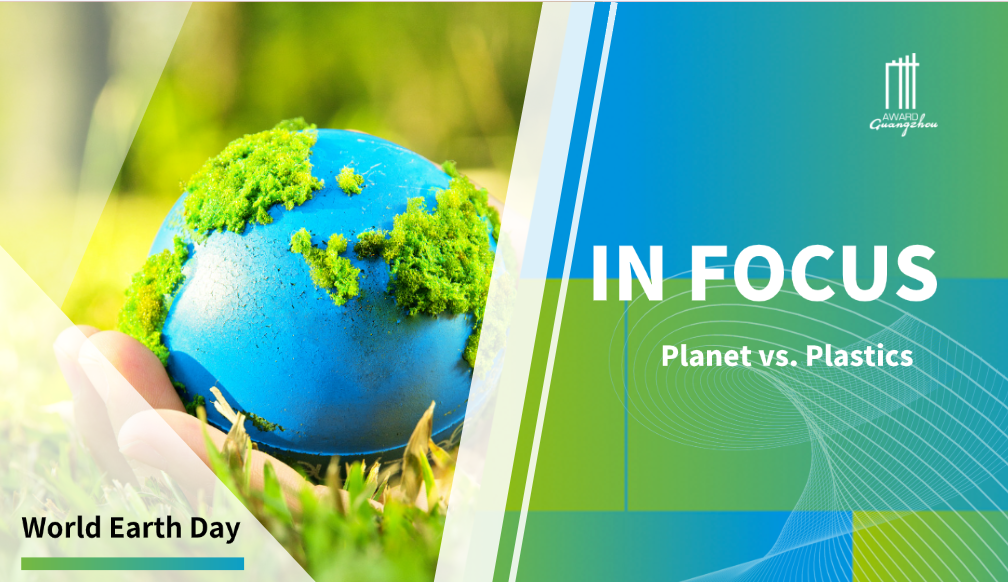Chongqing, China
Innovative Emergency Solutions to the Pandemic Challenge for Urban Medical Wastes Disposal

Basic City Data
Population size: 31243200
Population Growth Rate (%): 2.91
Surface Area (sq.km): 82400
Population Density (people/sq.km): 379
GDP Per Capita (U.S.$): 11479
GINI Index: 0.25
Main Source of Prosperity (e.g. industry, trade, tourism, creative industry, etc.): Automobile and motorcycle, natural gas, petrochemical, electronic information industry, equipment manufacturing, material industry, energy industry
Chongqing is one of the four central-administered cities in China, with a population of 31,243,200 people. The Chongqing Municipal Ecological Environmental Bureau used an innovative '3-Level Emergency Mechanism' to dispose of urban medical waste in response to growing urban medical wastes due to the COVID-19 pandemic. These solutions combine novel technology to deal with urban medical waste disposal and strict supervision for hospitals. They were implemented in Chongqing to ensure effective regulation of medical wastes, thus preventing secondary infection and virus spread. Chongqing also helped Wuhan construct and operate an emergency disposal center for medical wastes of COVID-19 to process medical wastes from Lei-Shen-Shan and Huo-Shen-Shan's makeshift hospitals and other hospitals in 16 districts. This initiative directly benefits the citizens of Chongqing and Wuhan during the most challenging period of the COVID-19 pandemic. It facilitates the city of Chongqing with a medical waste disposal capacity of 90 tons per day. It also led to the development of an emergency medical waste disposal center in Wuhan, serving 388 hospitals in the city. The initiative is innovative by providing a model of collaboration, which involves many people (government officials, experts, technicians, medical staff, and volunteers). These people have a clear division of responsibilities, thus enabling quick responses to an emergency, such as building an emergency disposal center in just 14 days.
The TC recommends this initiative to the Guangzhou Award because it provides innovative emergency solutions to the disposal of urban medical waste, which is important to avoid the virus' spreading. It presents an excellent example of one city (Chongqing) helping another city (Wuhan) deal with COVID-19. This initiative is replicable within the country. It provides a good model for emergency disposal of medical waste for improving urban safety resilience under pandemics. Also, it alerts other cities in the world about the importance of medical waste disposal in controlling the spread of disease.
This initiative is highly relevant to Sustainable Development Goals 6 (Ensure availability and sustainable management of water and sanitation for all), 9 (Build resilient infrastructure, promote inclusive and sustainable industrialization, and foster innovation), and 11 (Make cities and human settlements inclusive, safe, resilient and sustainable).


 test
test Urban Innovation in China | Hainan: Transforming Mangroves into “Golden Groves”
Urban Innovation in China | Hainan: Transforming Mangroves into “Golden Groves” In Focus | Empowering the “She” in the Family
In Focus | Empowering the “She” in the Family In Focus | The World Earth Day: Planet vs. Plastics
In Focus | The World Earth Day: Planet vs. Plastics




















 Tel: +86 20 3780 4434
Tel: +86 20 3780 4434 Email: info@guangzhouaward.org
Email: info@guangzhouaward.org Address: Rm 1609, FuLiXinTianDi, No.307 Guangzhou Dadao Zhong, Yuexiu District, Guangzhou, Guangdong, 501600, PRC
Address: Rm 1609, FuLiXinTianDi, No.307 Guangzhou Dadao Zhong, Yuexiu District, Guangzhou, Guangdong, 501600, PRC




